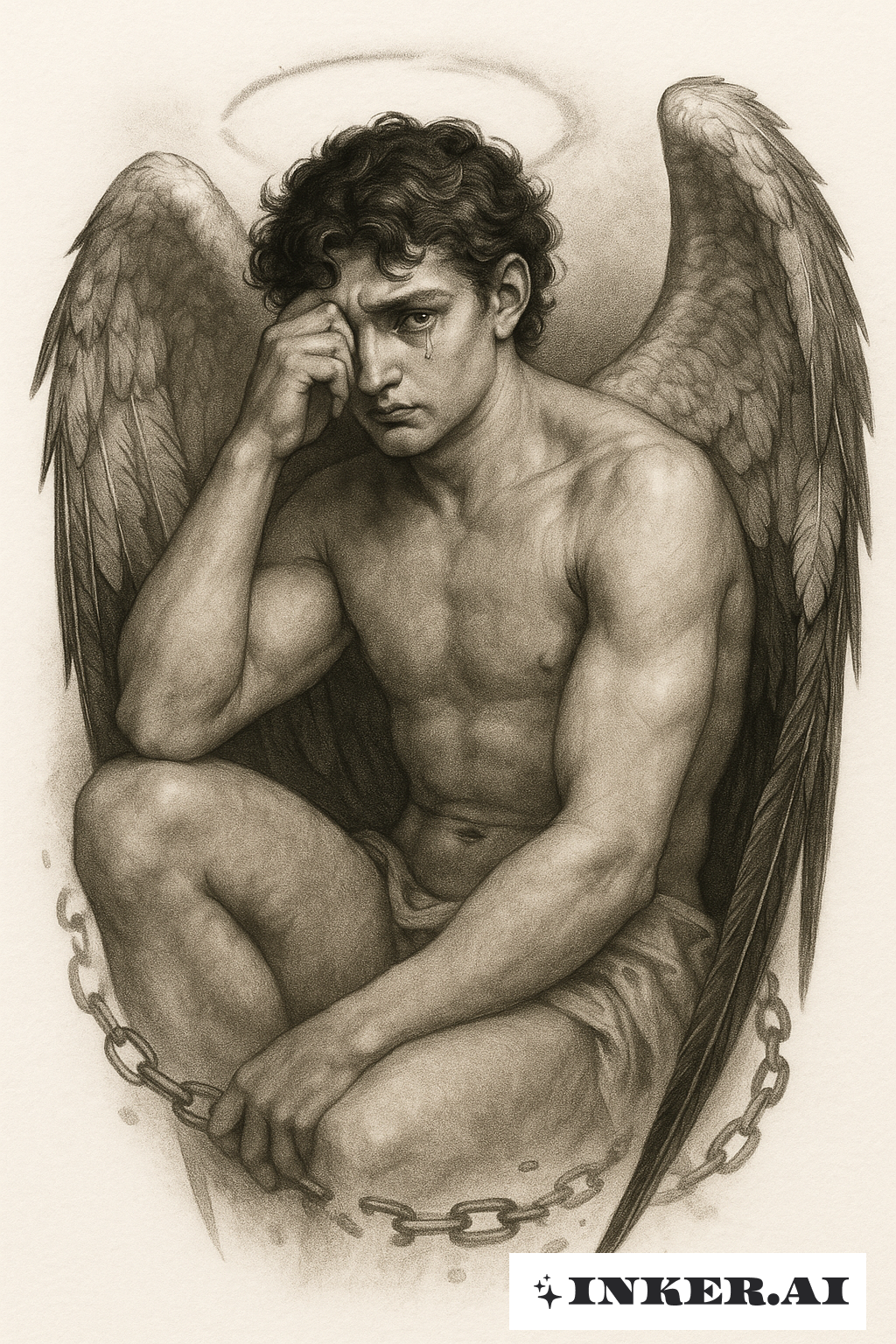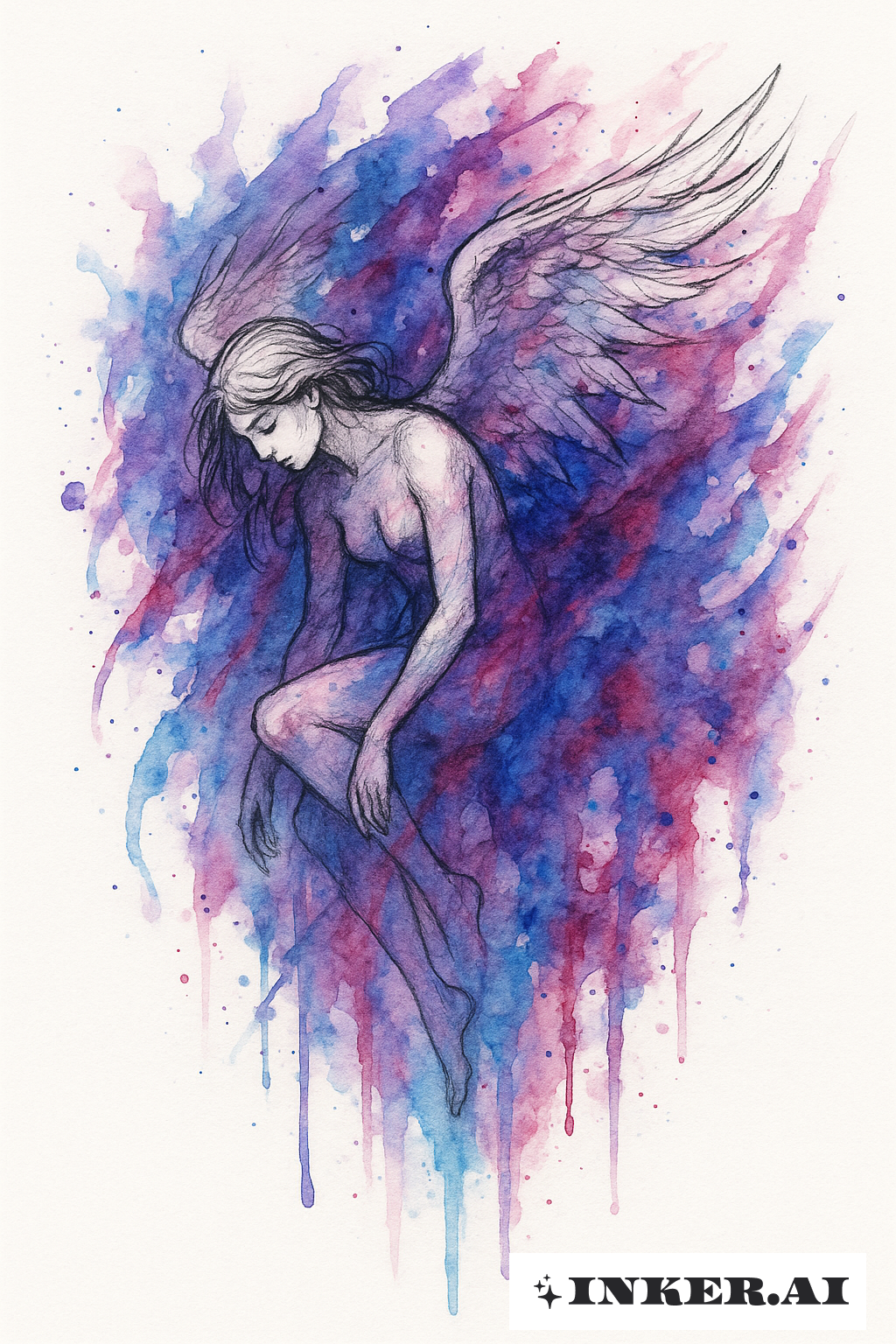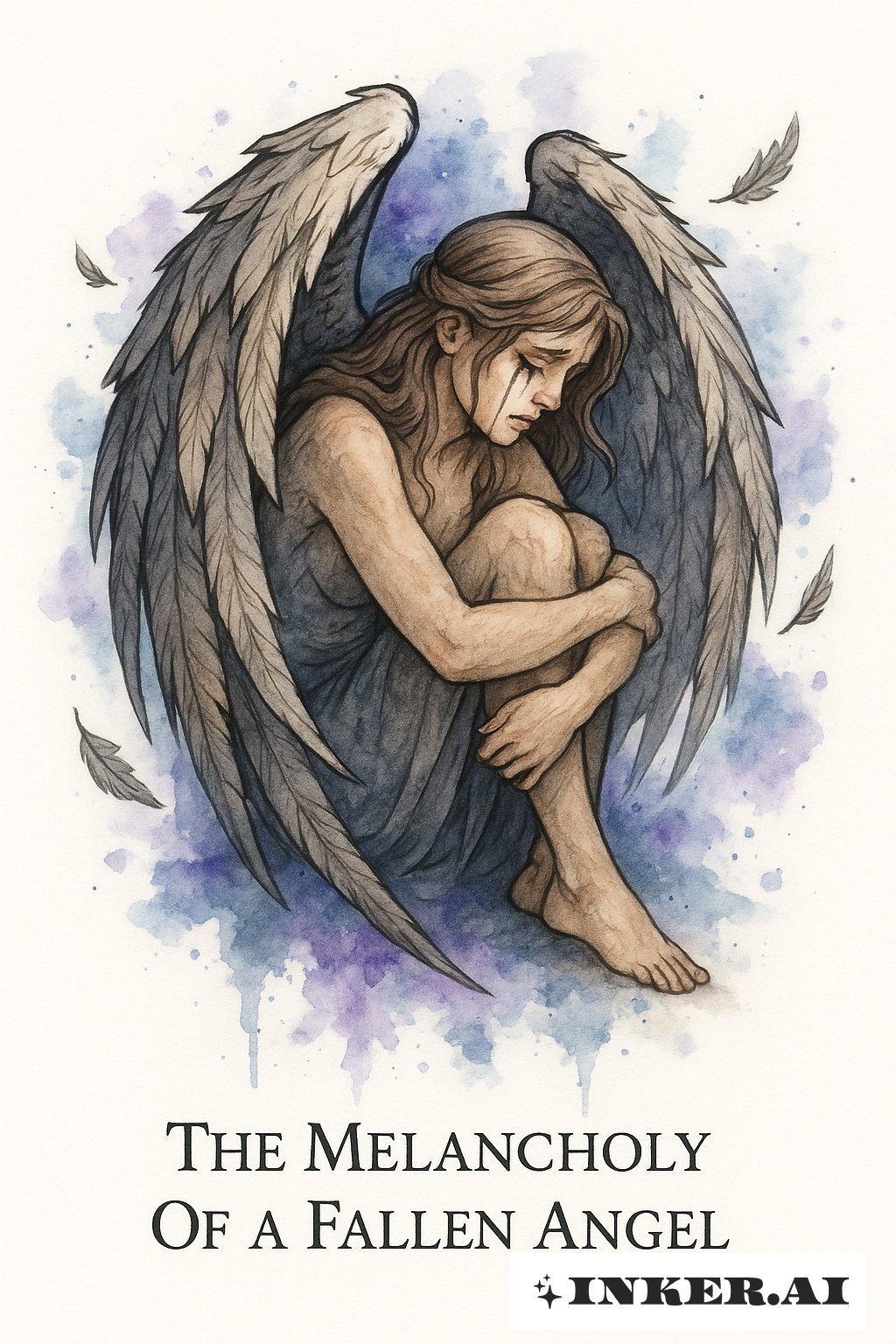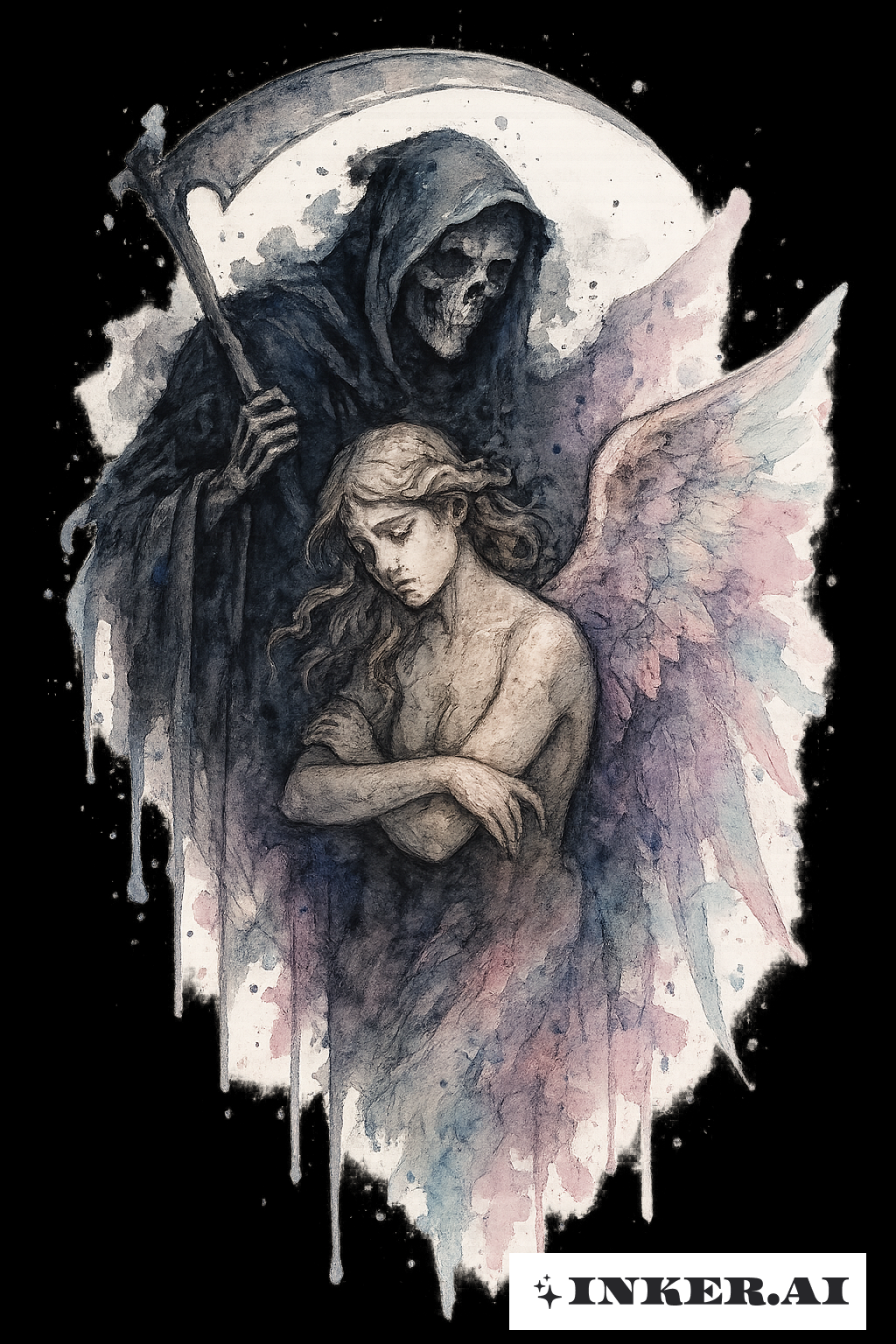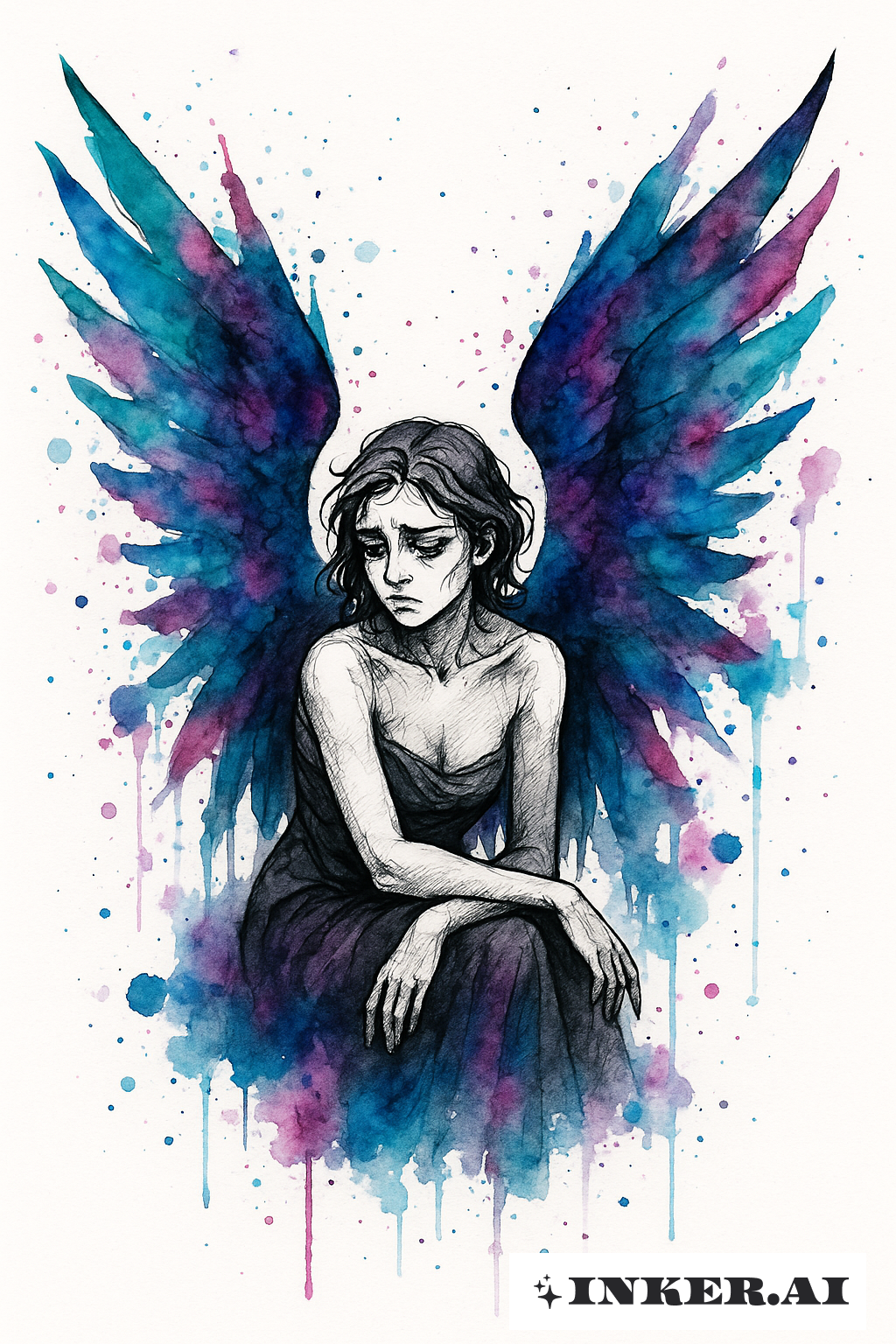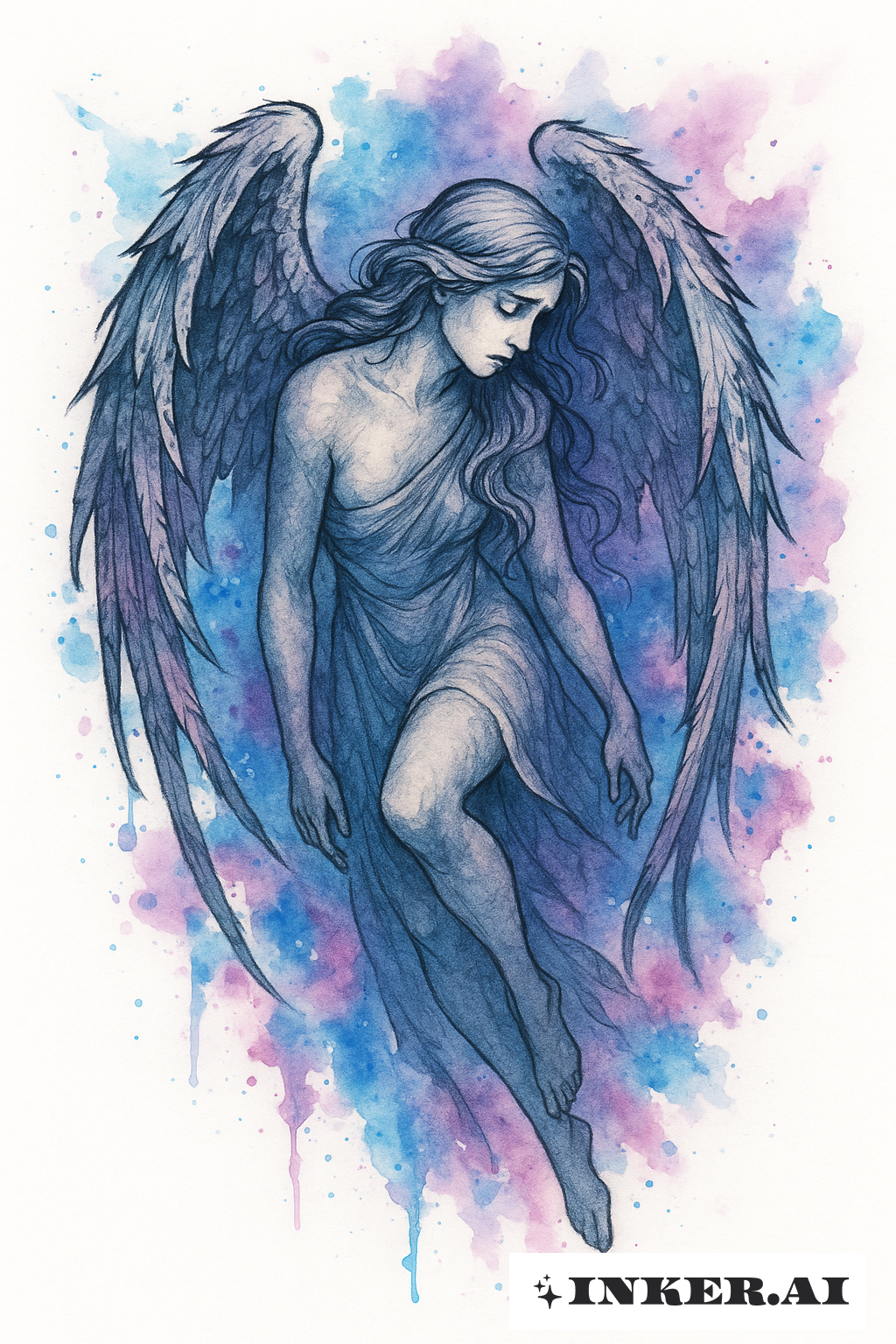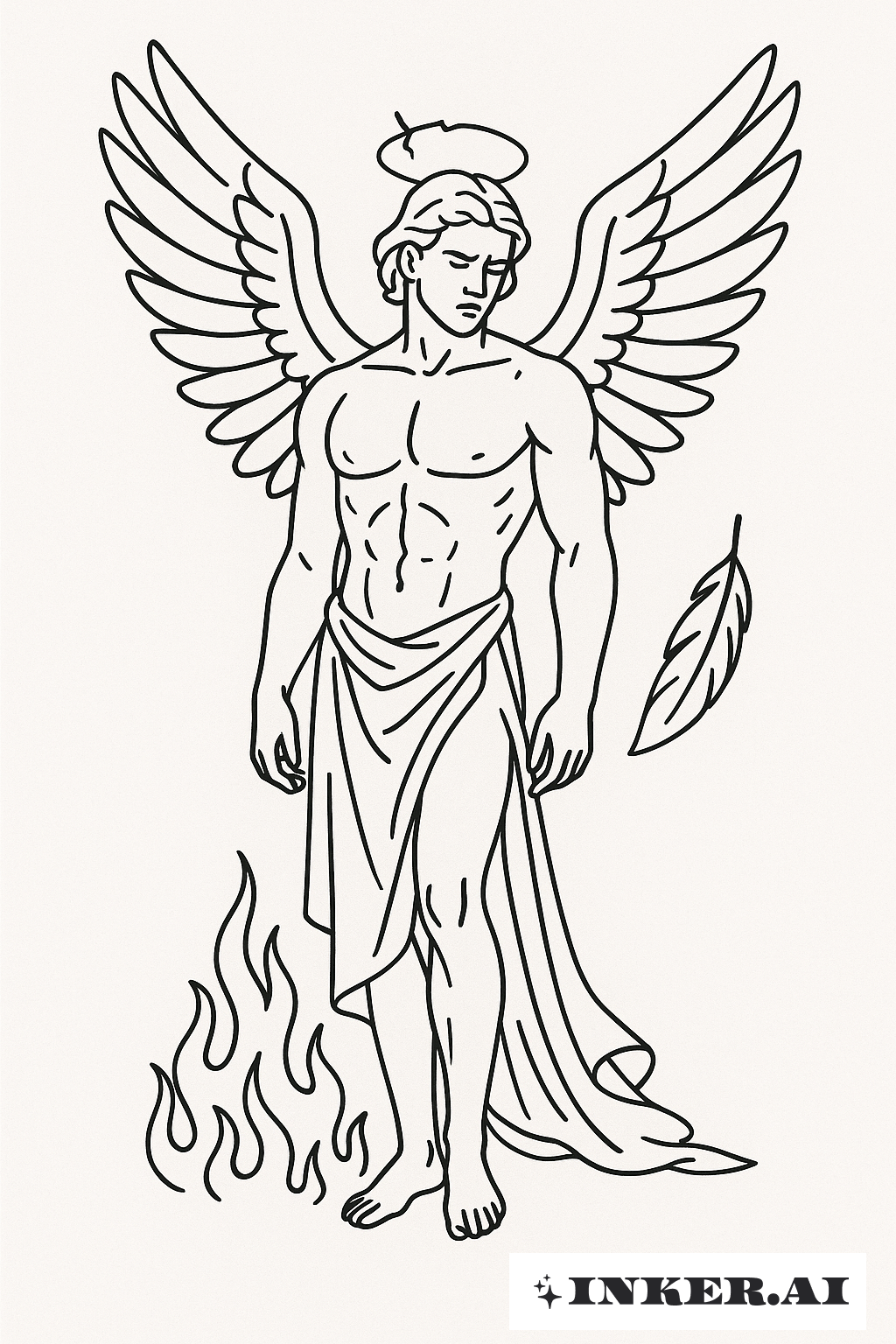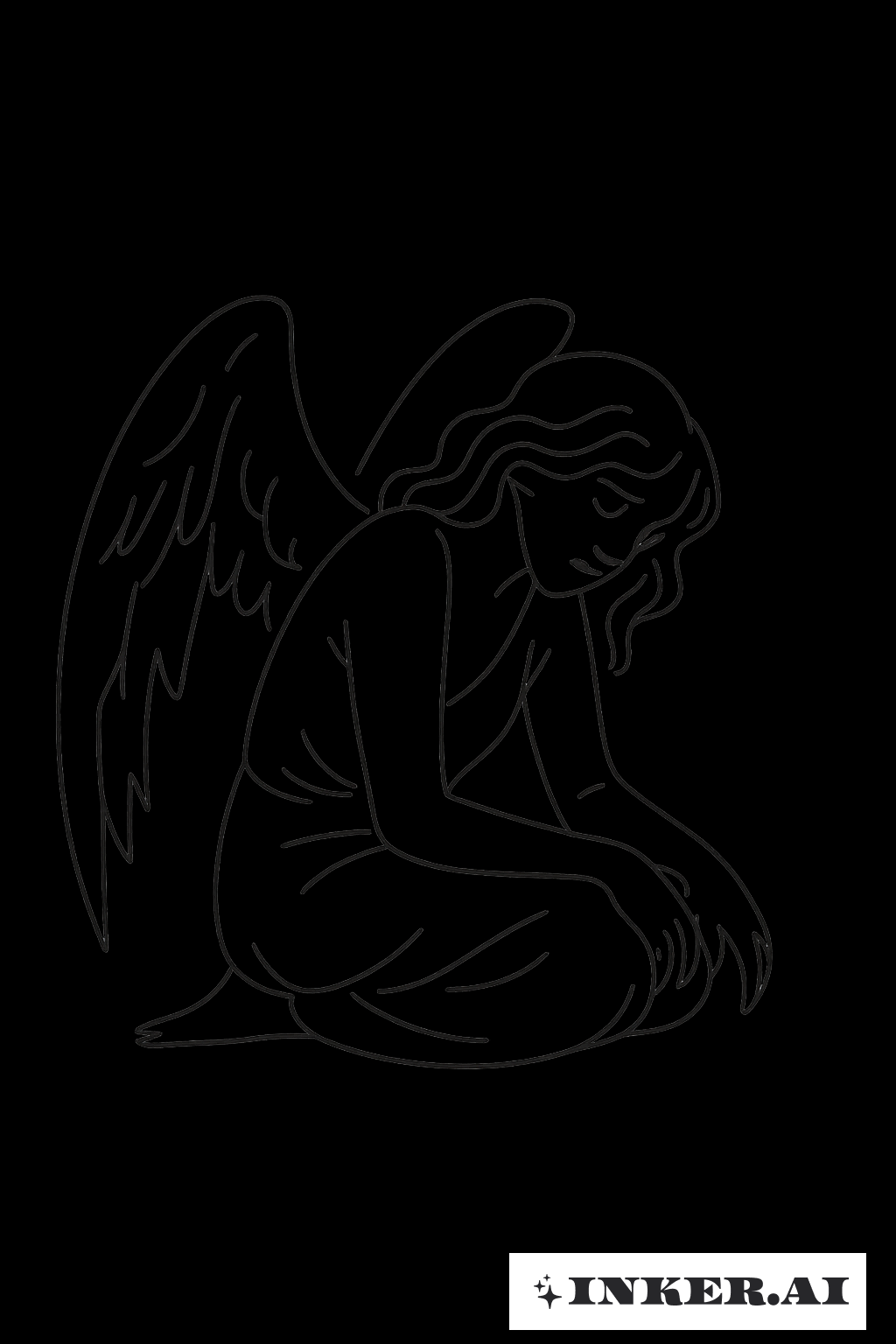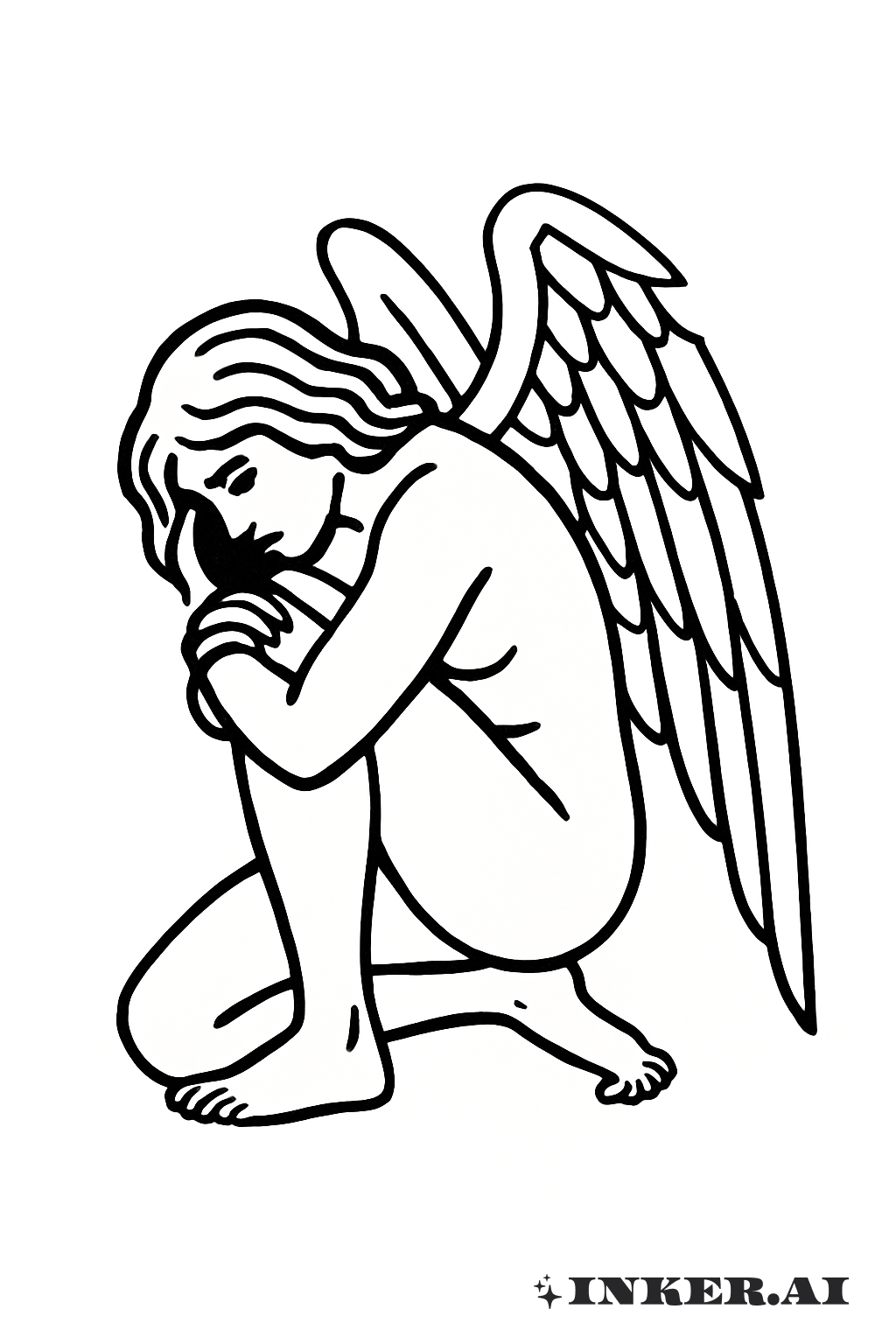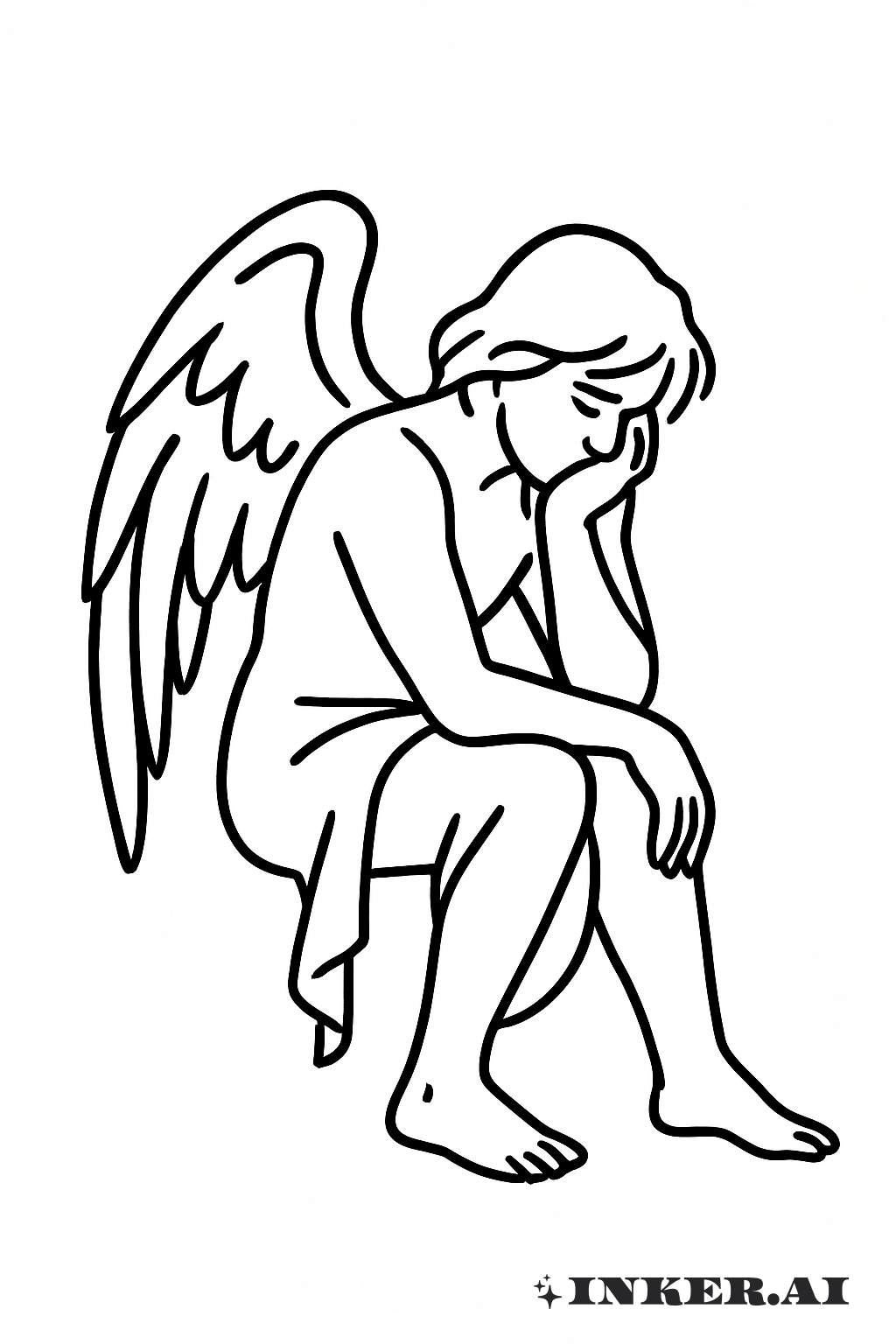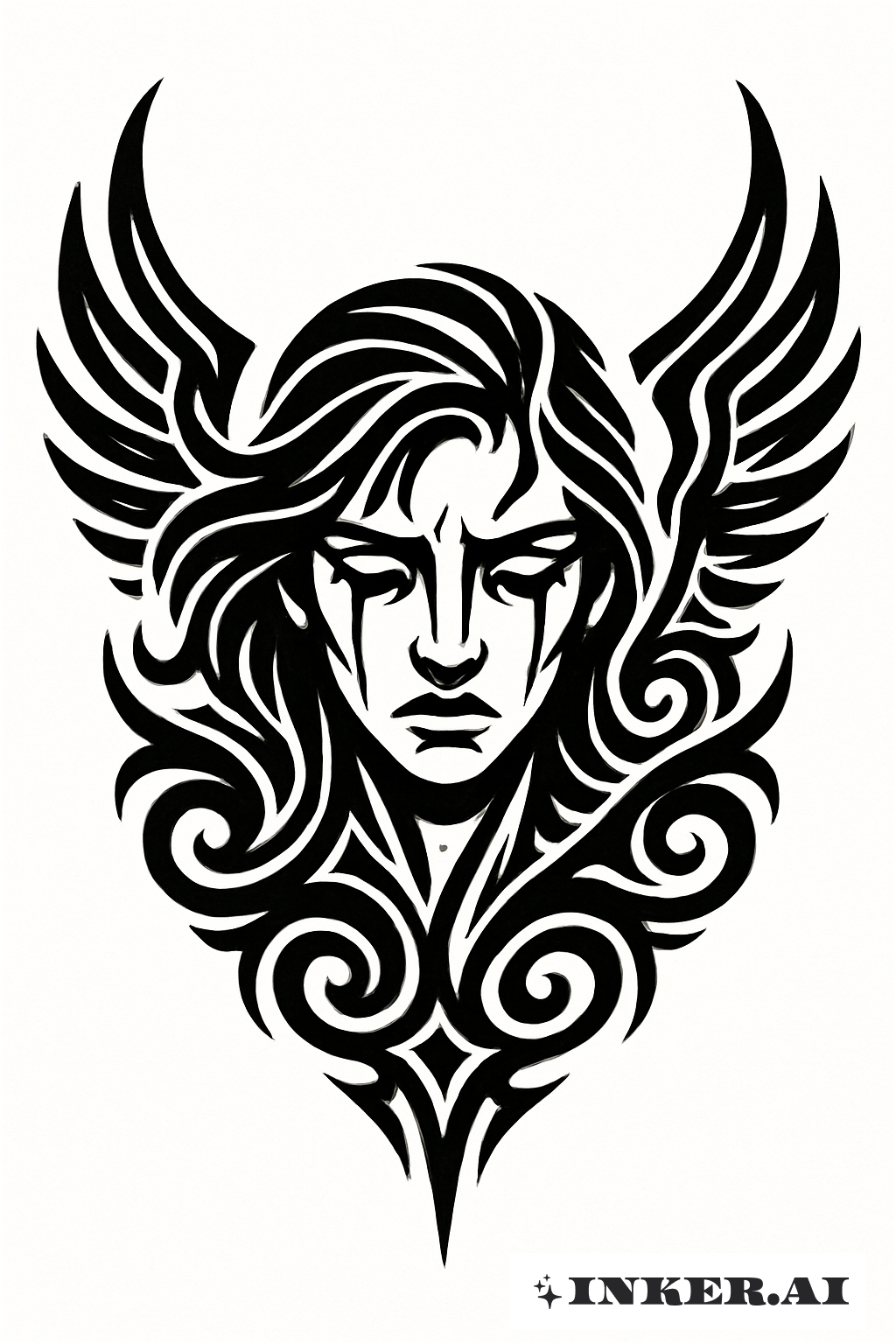Cultural Meaning Of Alexandre Cabanel's The Fallen Angel Reimagined Tattoo Design
The tattoo symbolizes the complex relationship between divinity and humanity, capturing the poignant moment of an angel's fall from grace. In Realism tattoo style, the detailed portrayal of the fallen angel focuses on the themes of beauty and tragedy, presenting a narrative of loss and redemption. The Fallen Angel tattoo idea delves deep into the human condition, representing themes of struggle, redemption, and the potential for rebirth or ruination. The wings, once symbols of divine freedom, now signify burden and earthly bondage, highlighting the tension between spiritual aspirations and mortal realities. The depiction of a fallen angel traditionally resonates as a metaphor for a descent into temptation or moral failure, encouraging viewers to reflect on their own battles between light and darkness, aspiration and reality, while celebrating the resilience and fortitude to rise after a fall.
Design Inspiration Of Alexandre Cabanel's The Fallen Angel Reimagined Tattoo Design
Inspired by Alexandre Cabanel's classic painting 'The Fallen Angel', the tattoo reimagines the iconic scene with a modern twist, allowing the narrative to unfold through a more personal lens. The stunning realism infused into the design pays homage to Cabanel's mastery of emotion and detail, while inviting interpretation into the context of contemporary struggles and triumphs. The reinterpretation breathes new life into timeless themes of fall and redemption.
